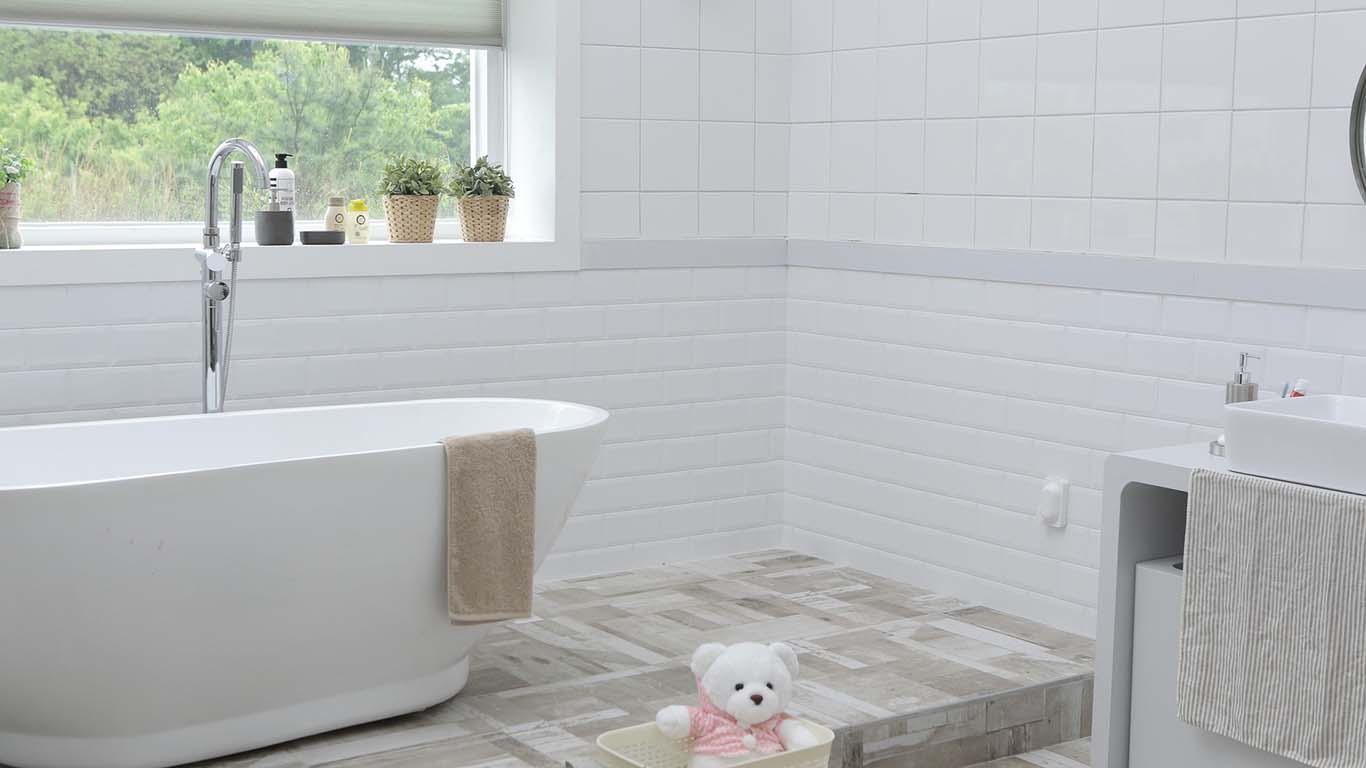When it comes to your child’s dental health, timing matters. A pediatric dentist in Saskatoon understands that children aren’t just small adults—they have unique needs that change dramatically as they grow.
From teething infants to teenagers with wisdom teeth concerns, knowing what to expect at each stage helps both parents and dental professionals provide better care.
Children’s physical, emotional, and cognitive development directly affects how they experience dental visits.
What works for a toddler won’t work for a ten-year-old. That’s why dentists who specialize in treating kids adapt their approaches based on age-specific developmental milestones.
How Age Affects Dental Treatment Approaches?
The Baby Years (0-2 Years)
Your baby’s first dental visit should happen within six months of their first tooth appearing or by their first birthday. During these early visits, dentists focus mainly on:
- Prevention education for parents
- Checking for proper jaw and tooth development
- Addressing habits like thumb-sucking or pacifier use
At this age, dental appointments are quick and simple, often taking place with your child sitting on your lap. The goal isn’t complex treatment but building comfort with the dental environment.
Did you know? Nearly 28% of children between ages 2-5 already have dental caries (cavities), making early preventive care essential.
Preschool Children (3-5 Years)
This stage brings significant cognitive and emotional development that affects dental care. Children now understand more instructions but may still struggle with sitting still for longer procedures.
Dentists use techniques like:
- Tell-show-do method — explaining procedures in child-friendly terms
- Positive reinforcement and small rewards
- Shorter appointment times that match attention spans
School-Age Children (6-12 Years)
This period sees major dental transitions as baby teeth fall out and permanent teeth emerge. Your child’s cognitive abilities have matured enough to understand the importance of oral care.
Treatment planning now includes:
| Age Range | Developmental Factors | Dental Approach |
| 6-8 years | Logical reasoning begins, first molars emerge | Introduction of sealants, focus on cavity prevention in new permanent teeth |
| 9-12 years | Increased independence, self-image awareness | Orthodontic evaluation, more thorough cleanings, education directed at child rather than parent |
Key fact: Between ages 6-12, children lose approximately 20 primary teeth and gain 28 of their 32 permanent teeth, making this a critical period for dental supervision.

The Teen Years: Unique Challenges
Teenagers face special dental challenges influenced by:
- Hormonal changes affecting gum health
- Risk-taking behaviors (sports without mouthguards, poor diet choices)
- Independence in oral hygiene decisions
- Social concerns about appearance
A good pediatric dentist adapts by:
Speaking directly to teens rather than parents about their dental health Addressing aesthetic concerns alongside health issues Connecting oral health to issues teens care about (like fresh breath for social confidence)
Behavior Management Techniques Across Age Groups
How your dentist communicates with your child matters tremendously. Effective dental professionals adjust their approach based on cognitive and emotional development:
For young children (2-5), they might use distraction techniques like telling stories or offering a small toy to hold.
With school-aged children, education becomes more detailed, explaining the “why” behind brushing and flossing.
For anxious patients of any age, guided relaxation techniques can help manage dental fears.
Finding the Right Pediatric Dental Home
When choosing a dental provider for your child, look for professionals who:
- Demonstrate flexibility in their approach to different age groups
- Have a child-friendly office environment
- Take time to build rapport before starting procedures
- Include parents appropriately based on the child’s age and needs
The right dental home grows with your child, adjusting approaches as development progresses from infancy through adolescence.
Making Every Dental Visit Count
Understanding how your child’s development affects their dental experience helps you better prepare them for appointments.
A great pediatric dentist knows that dental care is about more than just clean teeth—it’s about building healthy habits that last a lifetime.





